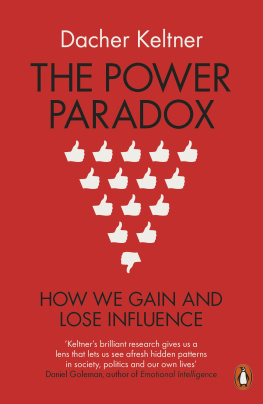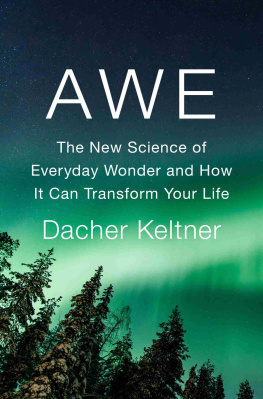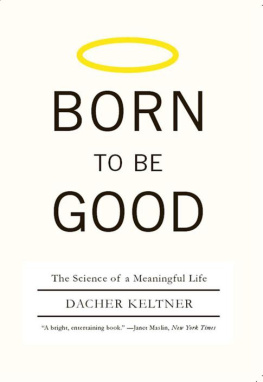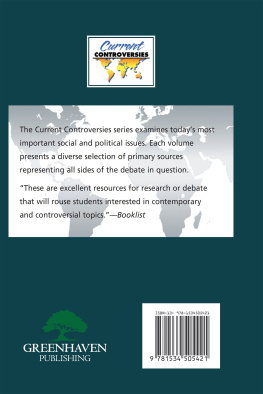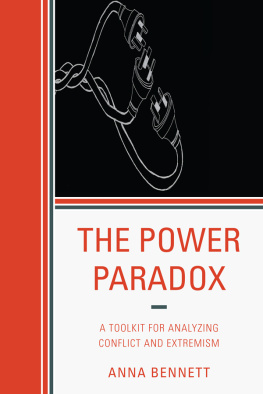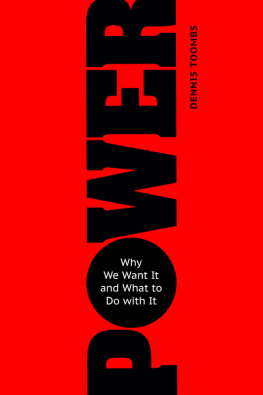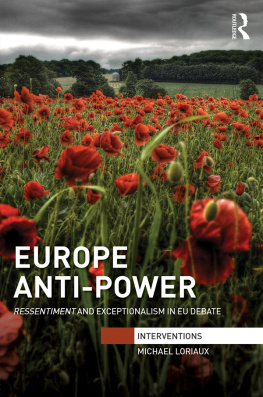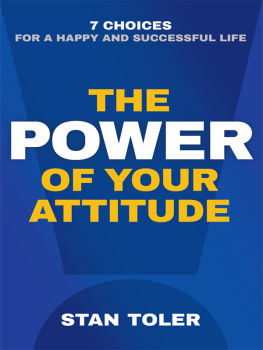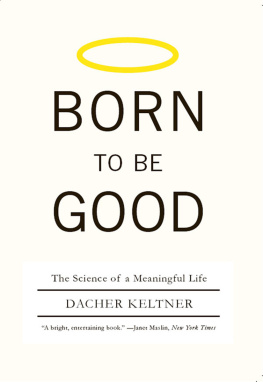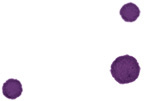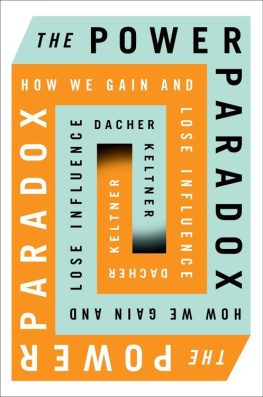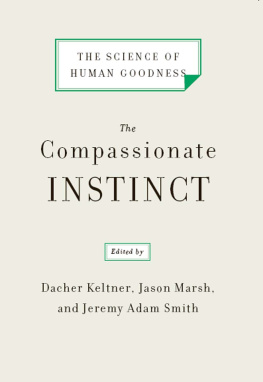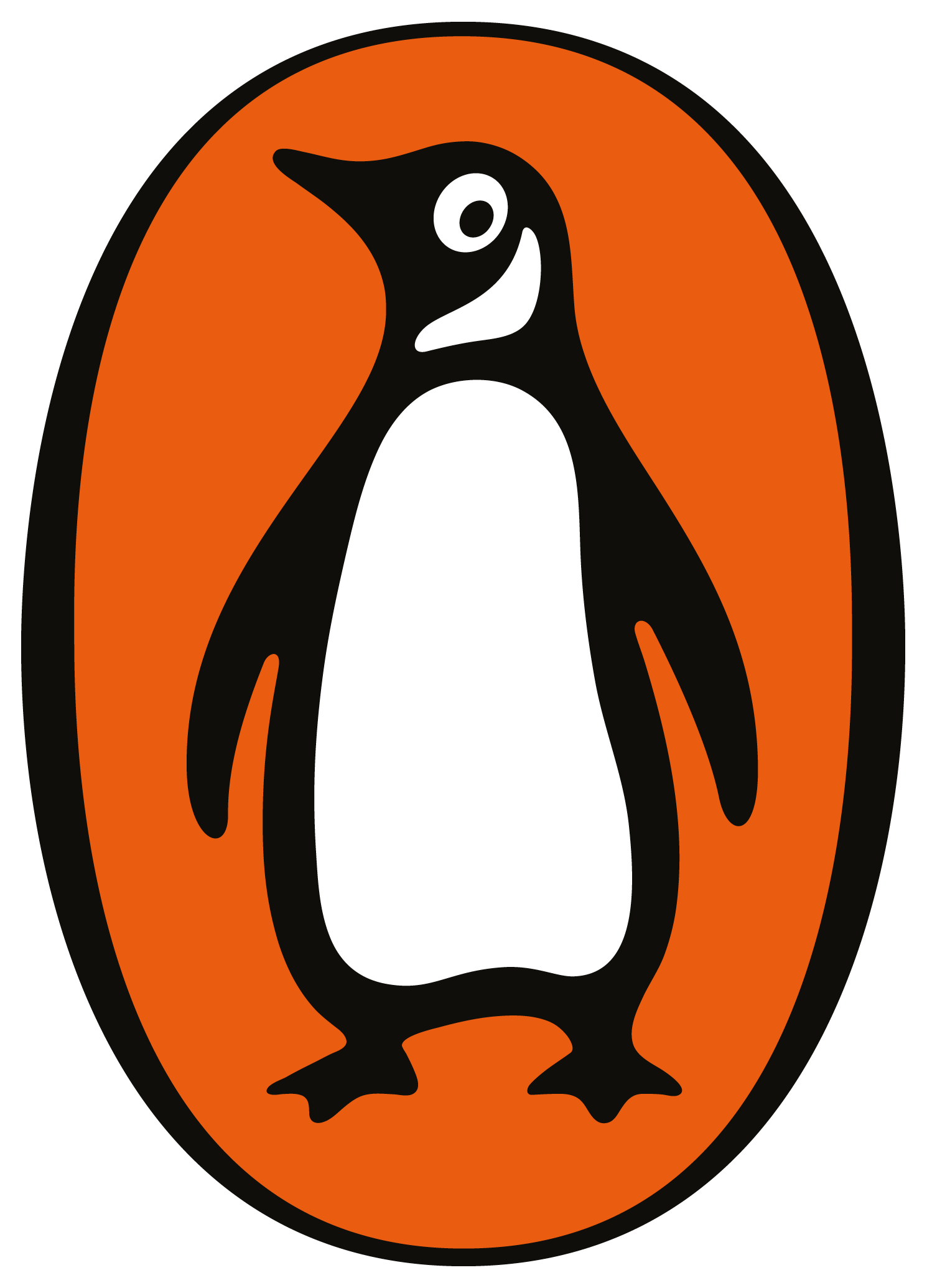Contents
Dacher Keltner
THE POWER PARADOX
How We Gain and Lose Influence
ALLEN LANE
UK | USA | Canada | Ireland | Australia
India | New Zealand | South Africa
Allen Lane is part of the Penguin Random House group of companies whose addresses can be found at global.penguinrandomhouse.com.
First published in the United States of America by Penguin Press, an imprint of Penguin Random House LLC 2016
First published in Great Britain by Allen Lane 2016
This digital edition published 2016
Text copyright Dacher Keltner, 2016
Illustration credits appear
The moral right of the author has been asserted
Cover design: Richard Green
ISBN: 9781846146961
THE BEGINNING
Let the conversation begin
Follow the Penguin Twitter.com@penguinukbooks
Keep up-to-date with all our stories YouTube.com/penguinbooks
Pin Penguin Books to your Pinterest
Like Penguin Books on Facebook.com/penguinbooks
Listen to Penguin at SoundCloud.com/penguin-books
Find out more about the author and
discover more stories like this at Penguin.co.uk
To my team at the Berkeley Social Interaction Lab.
Without you, I would never have been able to tell this story.
Introduction
Life is made up of patterns. Patterns of eating, thirst, sleep, and fight-or-flight are crucial to our individual survival; patterns of courtship, sex, attachment, conflict, play, creativity, family life, and collaboration are crucial to our collective survival. Wisdom is our ability to perceive these patterns and to shape them into coherent chapters within the longer narrative of our lives.
This book is about a pattern of social living that makes up our daily interactions and shapes what our lives will, in the end, amount to. It has profound implications for whether you will have a sexual affair, break the law, suffer from panic attacks, be leveled by depression, die early due to a chronic illness, or find purpose in life and bring it to fruition. This pattern kept appearing in scientific studies Ive conducted over these past twenty years. Its called the power paradox.
The power paradox is this: we rise in power and make a difference in the world due to what is best about human nature, but we fall from power due to what is worst. We gain a capacity to make a difference in the world by enhancing the lives of others, but the very experience of having power and privilege leads us to behave, in our worst moments, like impulsive, out-of-control sociopaths.
How we handle the power paradox guides our personal and work lives and determines, ultimately, how happy we and the people we care about will be. It determines our empathy, generosity, civility, innovation, intellectual rigor, and the collaborative strength of our communities and social networks. Its ripple effects shape the patterns that make up our families, neighborhoods, and workplaces, as well as the broader patterns of social organization that define societies and our current political struggles: sexual violence; bias and discrimination against blacks, Asians, Latinos, and gays; and systemic poverty and inequality. Handling the power paradox well is fundamental to the health of our society.
Twenty years ago, when I began the studies that uncovered the power paradox, I confronted the question: what is power? To outsmart the power paradox, we need to know what power is. The first surprise that my scientific inquiry produced was this: our cultures understanding of power has been deeply and enduringly shaped by one personNiccol Machiavelliand his powerful sixteenth-century book The Prince. In that book the Florentine author argued that power is, in its essence, about force, fraud, ruthlessness, and strategic violence. Following Machiavelli, the widespread tendency has been to think of power as involving extraordinary acts of coercive force. Power was what the great dictators wielded; power was embodied in generals making decisive moves on battlefields, businessmen initiating hostile takeovers, coworkers sacrificing colleagues to advance their own careers, and bullies on the middle-school playground tormenting smaller kids.
But this view of power fails upon careful scrutiny today. It cannot make sense of many important changes in human history: the abolition of slavery, the toppling of dictators, the ending of apartheid, and the rise of the civil rights, womens rights, and gay rights movements, to name just a few. It cannot make sense of the great social changes brought about by medical advances, social media, new laws protecting the less powerful, great films, the birth control pill, radical paintings and novels, and scientific discoveries. Perhaps most critically, thinking of power as coercive force and fraud blinds us to its pervasiveness in our daily lives and the fact that it shapes our every interaction, from those between parents and children to those between work colleagues.
POWER IS ABOUT MAKING A DIFFERENCE IN THE WORLD
Society has changed dramatically since Machiavellis Renaissance Florence in ways that require us to move beyond outdated notions of power. We will be more poised to outsmart the power paradox if we broaden our thinking and define power as the capacity to make a difference in the world, in particular by stirring others in our social networks.
This new definition of power reveals that it is not something limited to rare individuals in dramatic moments of their highly visible livesto malevolent dictators, high-profile politicians, or the jet-setting rich and famous; nor does it exist solely in boardrooms, on battlefields, or on the U.S. Senate floor. Instead, power defines the waking life of every human being. It is found not only in extraordinary acts but also in quotidian acts, indeed in every interaction and every relationship, be it an attempt to get a two-year-old to eat green vegetables or to inspire a stubborn colleague to do her best work. It lies in providing an opportunity to someone, or asking a friend the right question to stir creative thought, or calming a colleagues rattled nerves, or directing resources to a young person trying to make it in society. Power dynamics, patterns of mutual influence, define the ongoing interactions between fetus and mother, infant and parent, between romantic partners, childhood friends, teens, people at work, and groups in conflict. Power is the medium through which we relate to one another. Power is about making a difference in the world by influencing others.
POWER IS GIVEN TO US BY OTHERS
How do we gain powerthe capacity to make a difference in the world? The old Machiavellian philosophy of power treated it as something that is grabbed. Narratives of power grabs make for great literature and artMacbeth, Julius Caesar,

